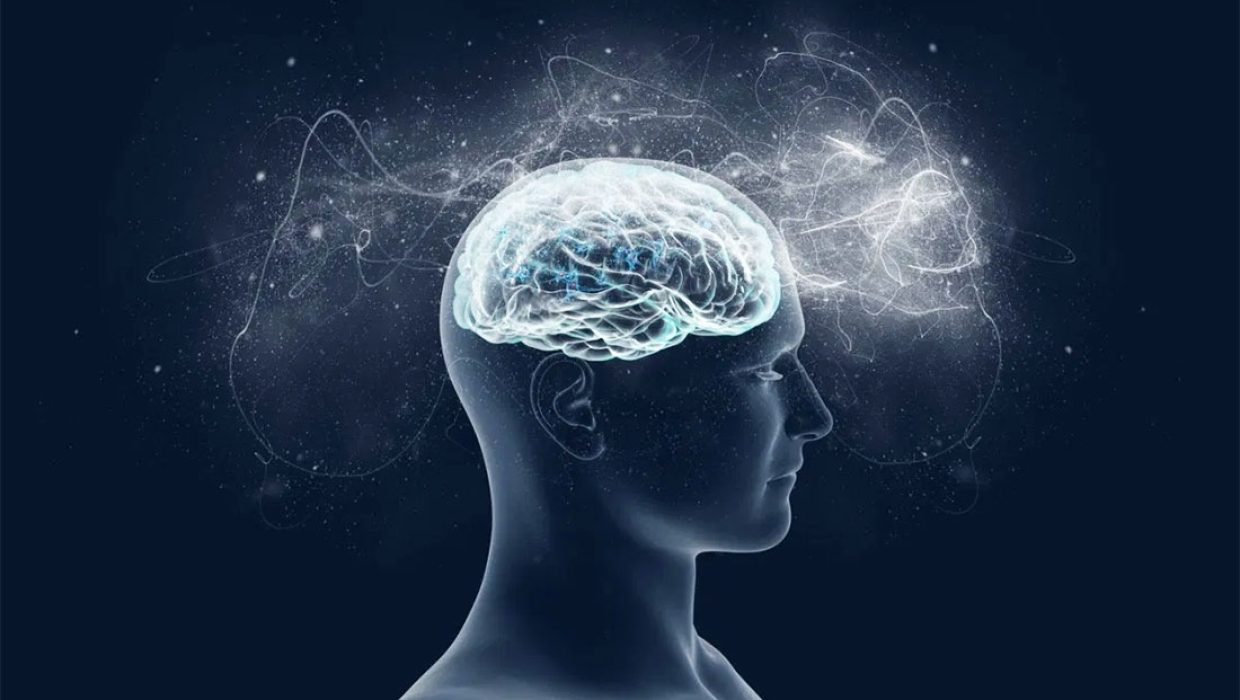World Mental Health Day has been celebrated on October 10th since 1992. It was created by the World Federation of Mental Health (FMSM) on the initiative of Secretary General Richard Hunter.
An international non-governmental organization, founded in 1948 with the aim of developing, among peoples and nations, strategies to prevent mental and emotional illnesses, in addition to promoting adequate treatment and care for people with this type of disorder.

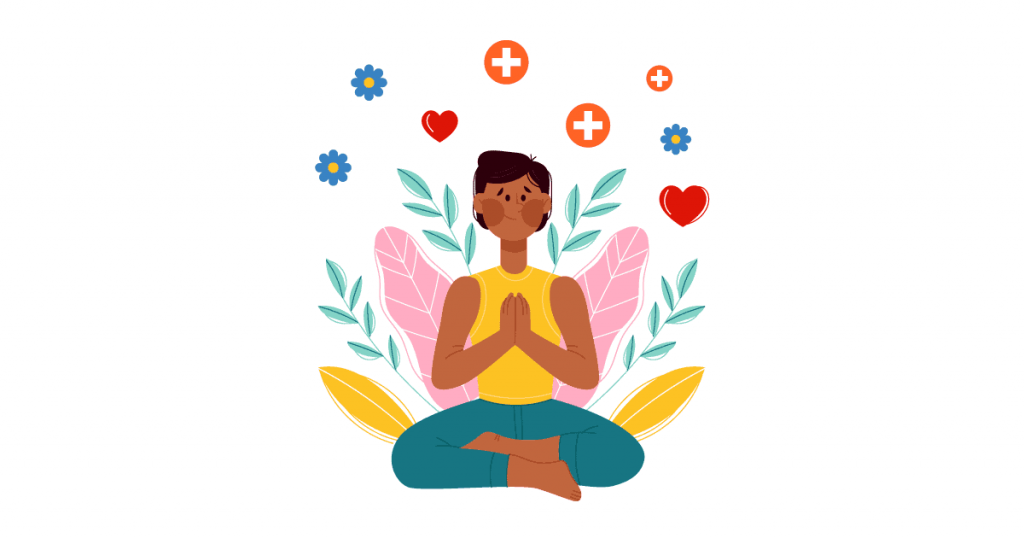
This day meets that same objective, to sensitize and give assurance to people who suffer with their mental health that they will have access to treatments, as well as trying their best, through activities and different experiences, to fight these diseases.
Basically, a day dedicated to education, awareness and defense of mental health against social stigma.
According to DGS, mental health refers to the foundation of well-being in general. There is nothing better than the expressions in our Portuguese to describe this term, “sane mind, healthy body” or “there is no health without mental health”.
When we talk about mental health, we refer to a person capable of adapting to new circumstances or changes that arise in life, capable of overcoming emotional conflicts, recognizing their limits, being critical, but also using humor and ability to dream, establish good relationships with other individuals, have life projects and goals, etc.
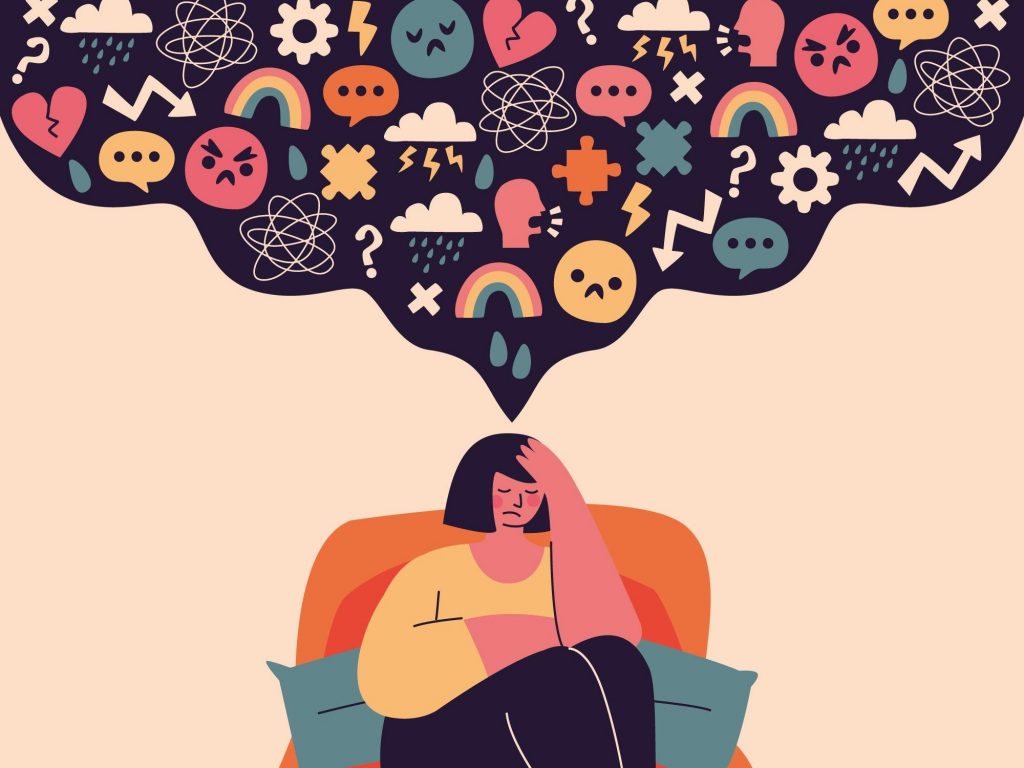

A person who does not feel able to develop the above ideas, or who has gone through something traumatic, in which the family base and circle of friends are not able to help them get back on their feet, is a person who is not well. from a psychological point of view.
For every rule, there is the exception and of course there are people who are more fragile and emotionally vulnerable, who are not necessarily sick.
All of us are susceptible to these types of events, which can precipitate mental illness. Be it at the level of anxiety or depression, which is a pathological sadness that can be more or less intense. Apart from this, we have mental illnesses considered serious that require another type of specialized care, with an eventual need for hospitalization and which often become chronic.
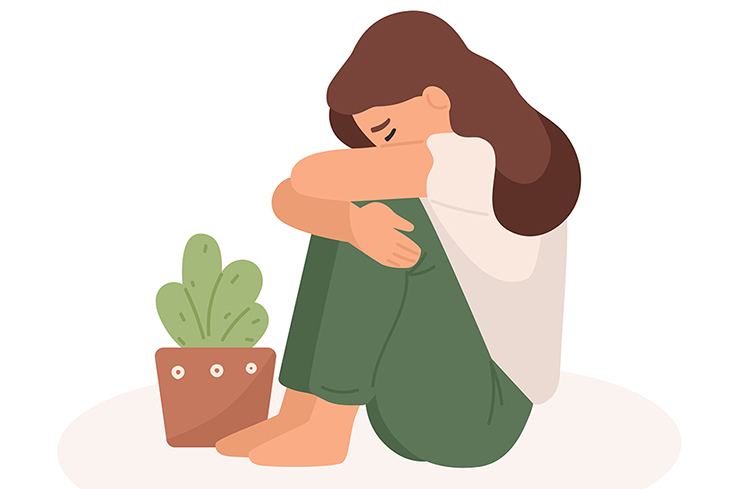
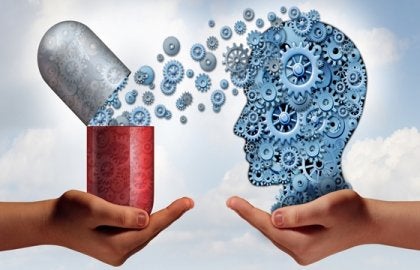
People who do not have good mental health feel incapable of being productive in their professional activity, resulting in casualties and retirement. Thus, in Portugal, these mental disorders are one of the main reasons for incapacity at a professional level. The Portuguese are the biggest consumers of benzodiazepines (tranquilizers) in Europe and have high numbers of consumption of antidepressants and alcoholic beverages. These products, in addition to creating dependence and tolerance for the consumer, can interfere with cognitive impairment.
As we know, we work on our mental health from the beginning of life.
This is neither predefined nor static, we are constantly growing and evolving. However, early intervention can prevent future complications in many cases.
Several scientific studies prove that the first experiences in life are crucial for future development and thus, prevention of mental health starts from pregnancy. With the birth of a child, a mother and a father are born, and even though one of the parties is absent, there is symbolism represented. In this sense, parents must give the baby the love and confidence he needs and at the same time, from an early age, teach him the values of the society in which he lives. It is in childhood that we cement the foundations of citizenship.
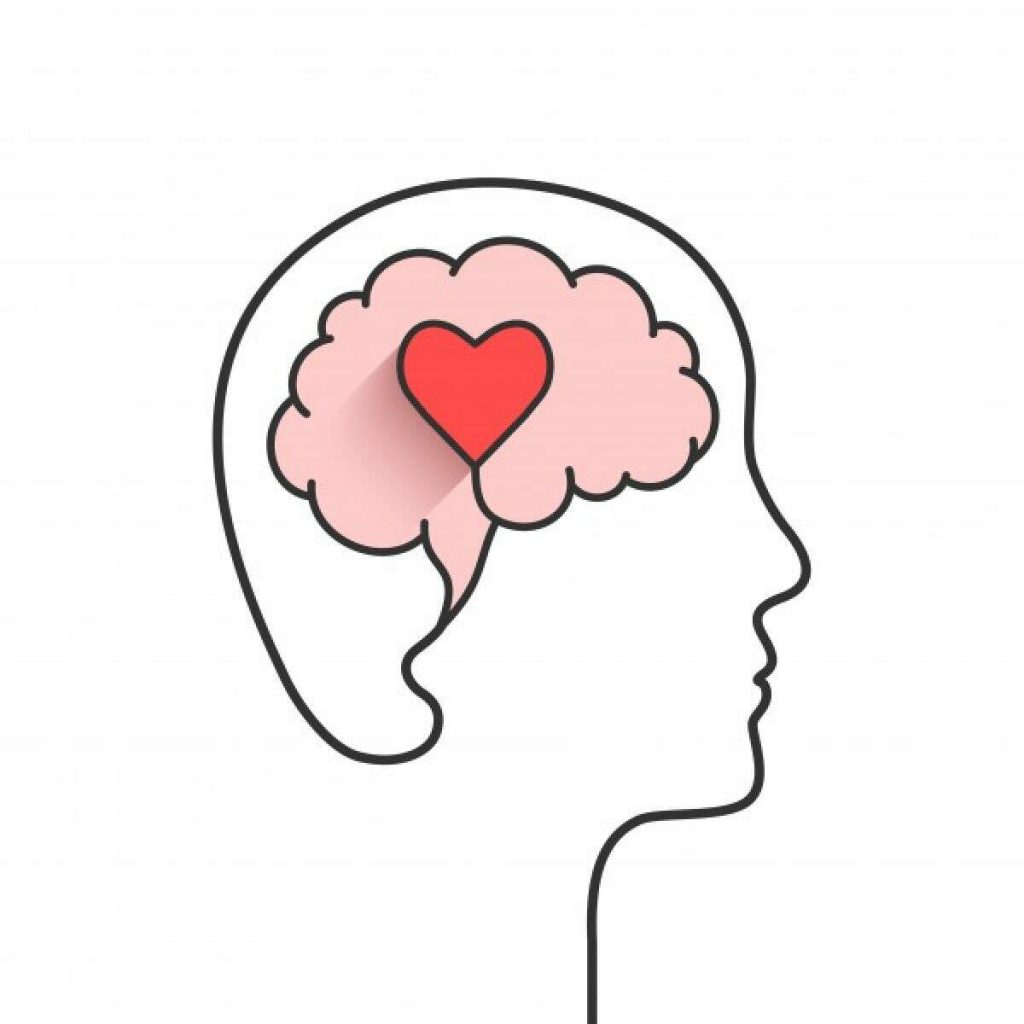


![[:pt]clínica cura pura](https://curapura.pt/wp-content/uploads/2017/10/logo-footer2.png)
